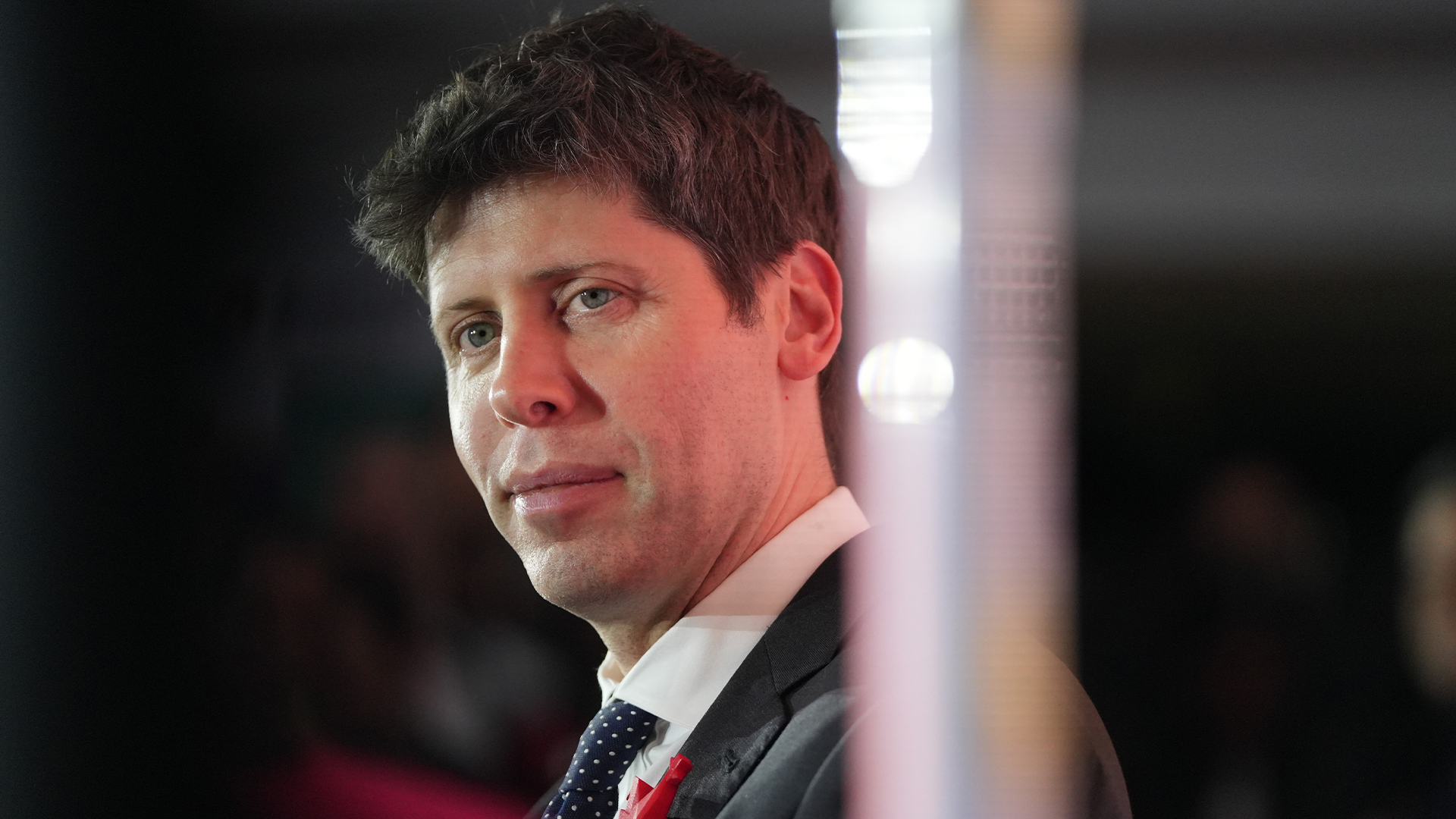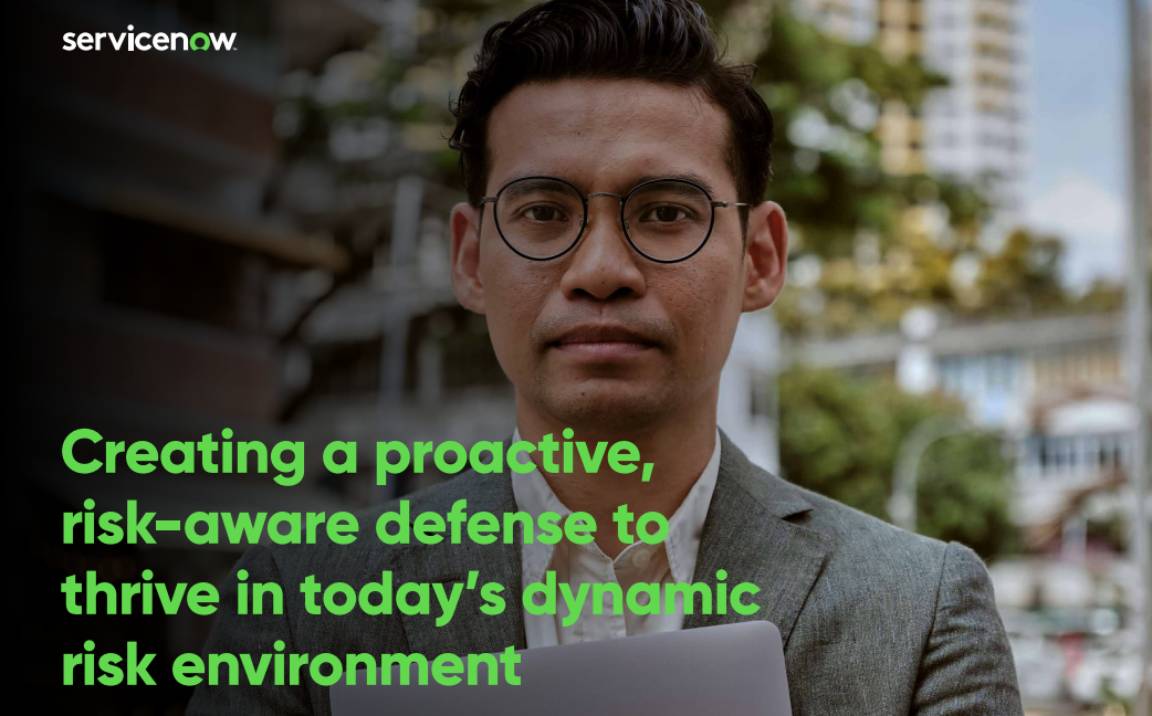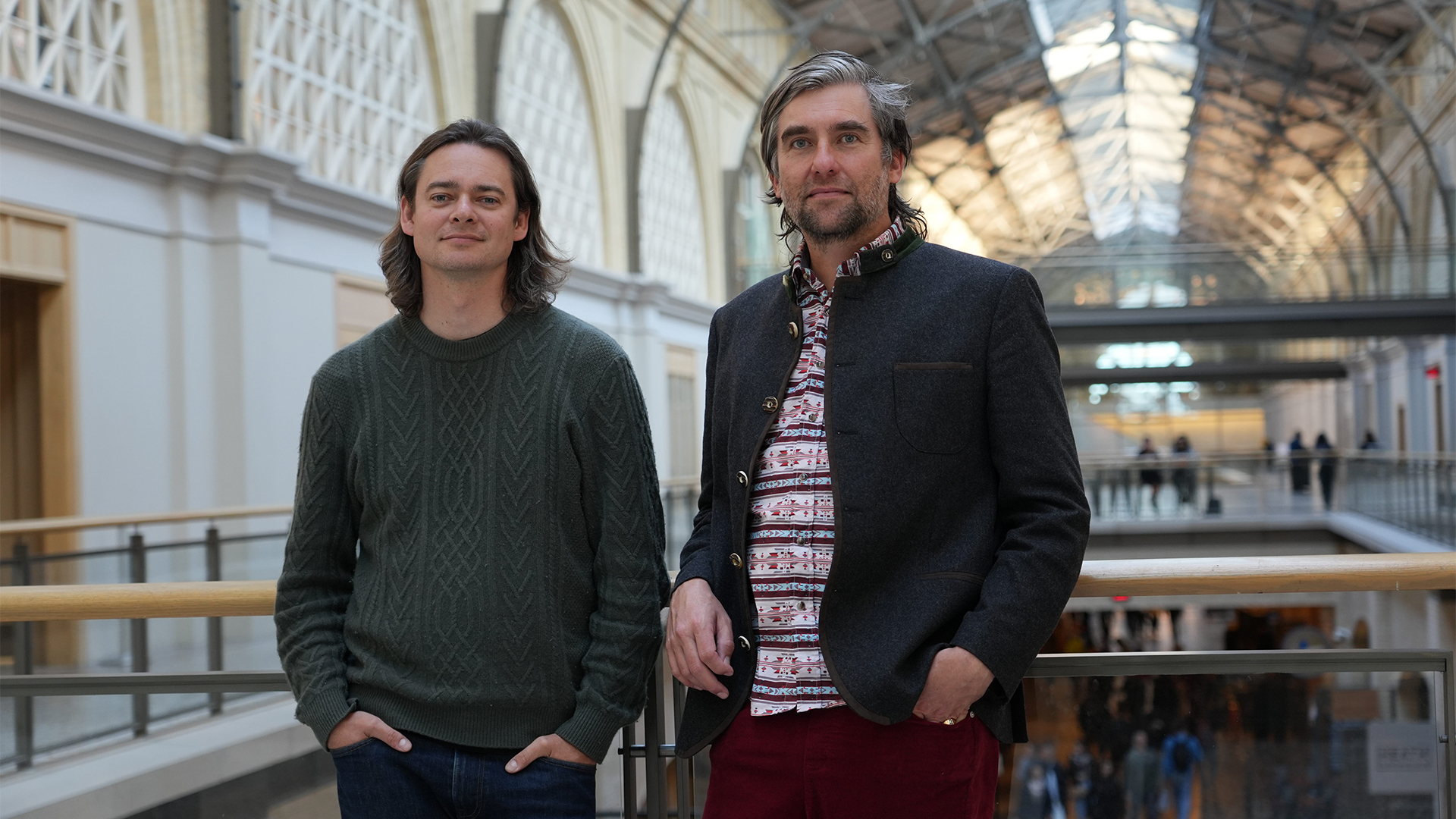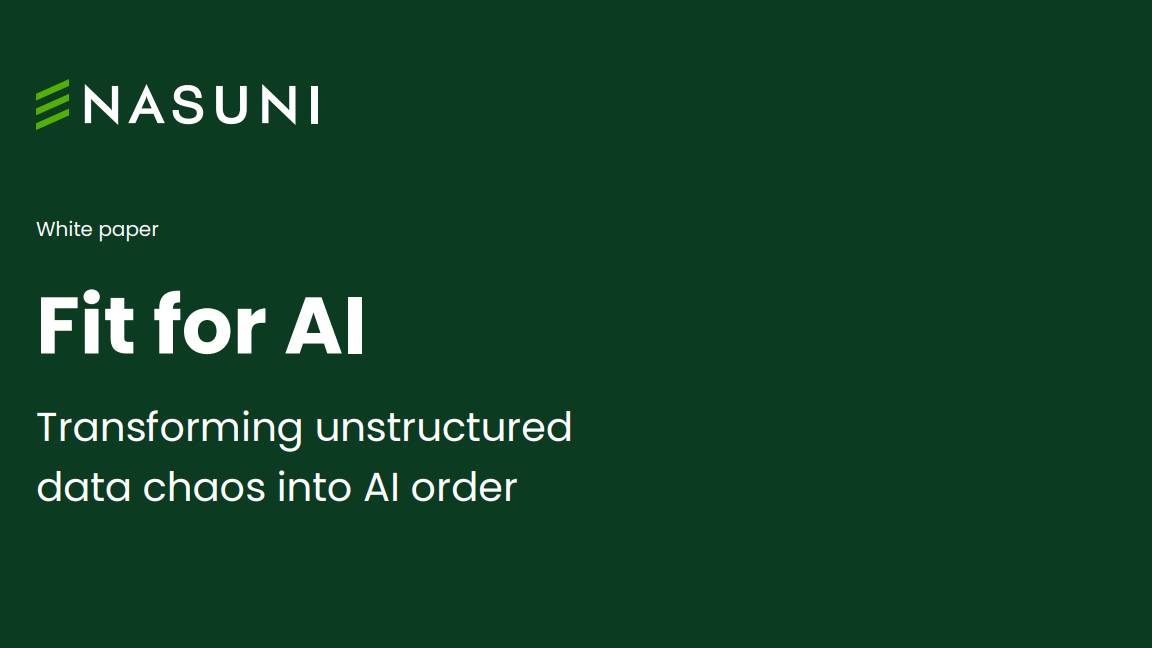Elon Musk’s $97 billion flustered OpenAI – now it’s introducing rules to ward off future interest
The move by OpenAI aims to fend off future bids and prevent existing investors from taking the reins


OpenAI is considering restructuring the board of its non-profit arm to ward off unwanted bids, according to reports from the Financial Times.
The reported move follows a takeover attempt by Elon Musk, who last week offered $97.4 billion to buy the company alongside a consortium of investors.
OpenAI CEO Sam Altman initially said no to the bid via a post on X, and that refusal was later confirmed by the board. The AI developer was last year valued at $157 billion and more recent funding rounds suggest a value of $260 billion to $300 billion.
In the wake of the approach, OpenAI may give special voting rights to the board of its non-profit arm to beef up control over the for-profit side of the company. This, the reports noted, will enable the firm to push back against unwanted bids and also ensure existing investors can't take the reins.
Notably, the special voting rights would address one of Musk's apparent concerns, that the non-profit mission is being set aside in favour of commercial success. By giving more power to the non-profit division over the for-profit arm, the balance can be redressed.
The restructuring to a public benefit corporation has been controversial — at least for co-founder Musk, who departed in 2018 and has since founded his own AI company, xAI.
But OpenAI's leadership believes the new structure will lead to more investment - a necessary decision given the high costs of developing and running these systems.
Get the ITPro daily newsletter
Sign up today and you will receive a free copy of our Future Focus 2025 report - the leading guidance on AI, cybersecurity and other IT challenges as per 700+ senior executives
Under the restructuring, the for-profit division would pay out an estimated $30 billion to the non-profit for the technology assets. Though Musk's offer undervalues the wider company, the suggestion is that his $97.4 bid is designed to suggest that OpenAI should pay the charitable arm much more.
Musk's lawyer, Marc Toberoff, told the Financial Times that OpenAI was "putting the charity's assets up for sale."
OpenAI’s big restructuring battle
On February 10, Musk and a group of investors offered $97.4 billion to buy OpenAI, sparking a war of words between the Tesla founder and Altman after the latter's refusal.
Toberoff, who is managing the bid on behalf of Musk and the investors, said at the time the motivation was ensuring the charity was "fairly compensated for what its leadership is taking away from it: control over the most transformative technology of our time."
"It's time for OpenAI to return to the open-source, safety-focused force for good it once was. We will make sure that happens,” Musk later said in a statement.
Following the board's refusal, a filing from Musk and the investors said the bid would be withdrawn if the plans to restructure were dropped.
RELATED WHITEPAPER

“Otherwise, the charity must be compensated by what an arms-length buyer will pay for its assets," the filing said.
Musk has previously sued OpenAI on related grounds, and has asked a federal judge to block the conversion to the public benefit corporation on grounds including breach of contract; a ruling has not yet been made.
OpenAI hasn't addressed Musk's various concerns directly, instead suggesting that the real motivation behind his bid and suits is jealousy of the success of an AI firm he once co-founded. When the OpenAI board rejected the bid, they called it his "latest attempt to disrupt the competition."
In an interview with Bloomberg, Altman urged Musk to "just compete by building a better product".
"I think there’s been a lot of tactics," he added.
MORE FROM ITPRO
Freelance journalist Nicole Kobie first started writing for ITPro in 2007, with bylines in New Scientist, Wired, PC Pro and many more.
Nicole the author of a book about the history of technology, The Long History of the Future.
-
 Bigger salaries, more burnout: Is the CISO role in crisis?
Bigger salaries, more burnout: Is the CISO role in crisis?In-depth CISOs are more stressed than ever before – but why is this and what can be done?
By Kate O'Flaherty Published
-
 Cheap cyber crime kits can be bought on the dark web for less than $25
Cheap cyber crime kits can be bought on the dark web for less than $25News Research from NordVPN shows phishing kits are now widely available on the dark web and via messaging apps like Telegram, and are often selling for less than $25.
By Emma Woollacott Published
-
 Meta executive denies hyping up Llama 4 benchmark scores – but what can users expect from the new models?
Meta executive denies hyping up Llama 4 benchmark scores – but what can users expect from the new models?News A senior figure at Meta has denied claims that the tech giant boosted performance metrics for its new Llama 4 AI model range following rumors online.
By Nicole Kobie Published
-
 OpenAI woos UK government amid consultation on AI training and copyright
OpenAI woos UK government amid consultation on AI training and copyrightNews OpenAI is fighting back against the UK government's proposals on how to handle AI training and copyright.
By Emma Woollacott Published
-
 Fake it till you make it: 79% of tech workers pretend to know more about AI than they do – and executives are the worst offenders
Fake it till you make it: 79% of tech workers pretend to know more about AI than they do – and executives are the worst offendersNews Tech industry workers are exaggerating their AI knowledge and skills capabilities, and executives are among the worst offenders, new research shows.
By Nicole Kobie Published
-
 Sourcetable, a startup behind a ‘self-driving spreadsheet’ tool, wants to replicate the vibe coding trend for data analysts
Sourcetable, a startup behind a ‘self-driving spreadsheet’ tool, wants to replicate the vibe coding trend for data analystsNews Sourcetable, a startup developing what it’s dubbed the world’s first ‘self-driving spreadsheet’, has raised $4.3 million in funding to transform data analysis.
By Ross Kelly Published
-
 DeepSeek and Anthropic have a long way to go to catch ChatGPT: OpenAI's flagship chatbot is still far and away the most popular AI tool in offices globally
DeepSeek and Anthropic have a long way to go to catch ChatGPT: OpenAI's flagship chatbot is still far and away the most popular AI tool in offices globallyNews ChatGPT remains the most popular AI tool among office workers globally, research shows, despite a rising number of competitor options available to users.
By Ross Kelly Published
-
 ‘DIY’ agent platforms are big tech’s latest gambit to drive AI adoption
‘DIY’ agent platforms are big tech’s latest gambit to drive AI adoptionAnalysis The rise of 'DIY' agentic AI development platforms could enable big tech providers to drive AI adoption rates.
By George Fitzmaurice Published
-
 Fit for artificial intelligence
Fit for artificial intelligencewhitepaper Ensure data availability to applications and services with hybrid cloud storage
By ITPro Published
-
 Fit for AI
Fit for AIwhitepaper Ensure data availability to applications and services with hybrid cloud storage
By ITPro Published